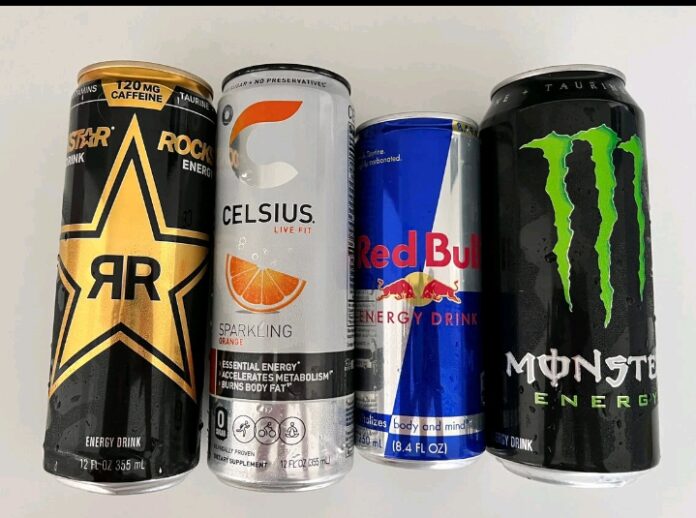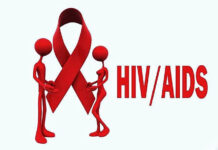Energy drinks have become popular for a quick energy boost, especially among young adults and teenagers. Marketed to combat fatigue and improve performance, these drinks contain high levels of caffeine, sugar, and other stimulants, posing several health risks.
High Caffeine Content
Energy drinks often contain much more caffeine than coffee or soft drinks. Excessive caffeine intake can lead to heart problems, including palpitations, increased heart rate, and arrhythmias. It can also raise blood pressure, disrupt sleep patterns, and exacerbate anxiety disorders.
Sugar Overload
Many energy drinks have high sugar content, which can cause obesity, increase the risk of type 2 diabetes, and promote tooth decay.

Other Stimulants and Additives
Energy drinks frequently include additional stimulants like taurine, ginseng, and guarana. The combined effects of these with high caffeine levels are not well understood and can lead to unpredictable reactions, increased tolerance, and dependence.
Mental Health Concerns
Energy drinks have been linked to increased stress, anxiety, and risky behaviors, such as substance abuse and aggression.
Potential for Overuse and Abuse
Aggressive marketing targets young, active individuals, suggesting enhanced performance, which can lead to overuse and serious health issues.
While energy drinks may temporarily boost energy, their health risks outweigh the benefits. High caffeine and sugar levels, along with other stimulants, can cause significant physical and mental health problems. Healthier alternatives include adequate sleep, a balanced diet, and regular exercise.




